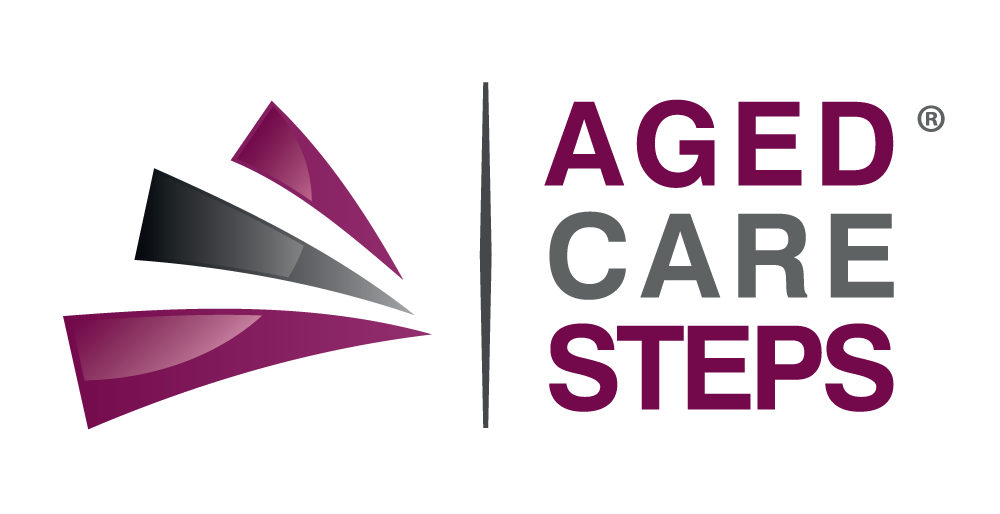From retirement village to aged care
A question we commonly receive is ‘What are the financial implications when moving from a retirement village into residential aged care?’ This article explores the answer.
Retirement village contracts are commercial arrangements so financial details vary greatly but there are generally entry, ongoing and exit costs to consider. Always read contracts carefully and seek legal advice to fully understand the impacts.
Most villages operate under a lease or licence right of residency. You don’t own your home, but instead have a contractual right to live there. An emerging category of retirement community living is a land lease community where you do own the home but lease the land it sits on.
Financial implications upon exit
When you leave (including for a move into residential care) the contract usually terminates and the home is sold to a new resident. The implications depend on the community type.
|
|
Retirement village (under a lease/licence arrangement) |
Land-lease community |
|
Amount repaid to you
|
Depending on the contract, you receive a refund of either the amount you paid or the sale price, less departure fees and other charges. This is often significantly less than you paid when you moved in. |
You need to sell the home and receive the sale proceeds, less costs of selling. |
|
Departure fees |
Deferred management fees and refurbishment costs are generally deducted from the amount repaid to you. This is often a percentage of either your purchase cost or the sale price as specified in the entry contract. |
You may incur selling fees and expenses. |
|
Entitlement to capital gains |
Depends on the contract whether you receive any share of capital gains or the operator keeps all gains. |
Depends on the change in market value – you receive gains if you sell for more than you paid. |
|
Ongoing fees |
Ongoing maintenance may be payable until sold, but for a limited number of days. In NSW for example, this is limited to 42 days. |
You may incur ongoing fees until your home is sold. |
Paying for the move into residential care
Transition from retirement village to residential care can be complicated by the timing of financial transactions.
Like any property sale, your village refund is generally not paid until the home is sold. This sale process is likely to be out of your control and timing could be protracted. You may have more control in a land lease community, but you still need to find a buyer.
In the interim, you will be paying for your aged care accommodation as fees start when you move in. You could use other savings or choose a daily accommodation payment (DAP) instead.
Retirement villages are governed under state legislation and most states have introduced legislation to help with this transition. Check the rules for your state, as the village operator (not land lease) might be required to advance you some of the sale proceeds or pay your DAP while you wait for the sale. These amounts are then deducted from your village refund.
When you move into aged care your financial means (both assets and income) are assessed to determine whether the government will subsidise accommodation and how much you pay for care. If you have not received your village refund you need to declare the amount expected but the assessable value is limited to the cap (currently $201,231.20) until sold, and then the full refund is assessable. At that point, your fees may go up.
Age pension impact
Moving from a home you own into residential care triggers a two-year rule when determining age pension entitlements, assuming you don’t have a spouse still living in the retirement village unit. You continue to be a homeowner with the home exempt for up to two years.
At the end of the two years (or when the unit is sold) the market value or sale proceeds are assessable which might reduce or eliminate your age pension. You usually don’t have a choice to retain your home when leaving a retirement village, so the impact on your age pension may occur sooner.
The reduction in age pension may be minimised by using sale proceeds to pay the lump sum refundable accommodation deposit (RAD) which is an exempt asset.
Advice can help
To help with making the right decisions and understanding the impacts for you, it is important to seek advice from a financial planner who is experienced and accredited in aged care advice, with consideration for not only the impacts at entry but also what will change at a future point in time.
Disclaimer: The information in this article is general and does not take into account your particular circumstances. We recommend specific financial tax or legal advice be sought before any action is taken to apply the rules to your specific circumstances. Refer to the relevant Product Disclosure Statement before investing in any product. Aged Care Steps ABN 42 156 656 843 is holder of AFSL 486723. Current as at 1 April 2024.
